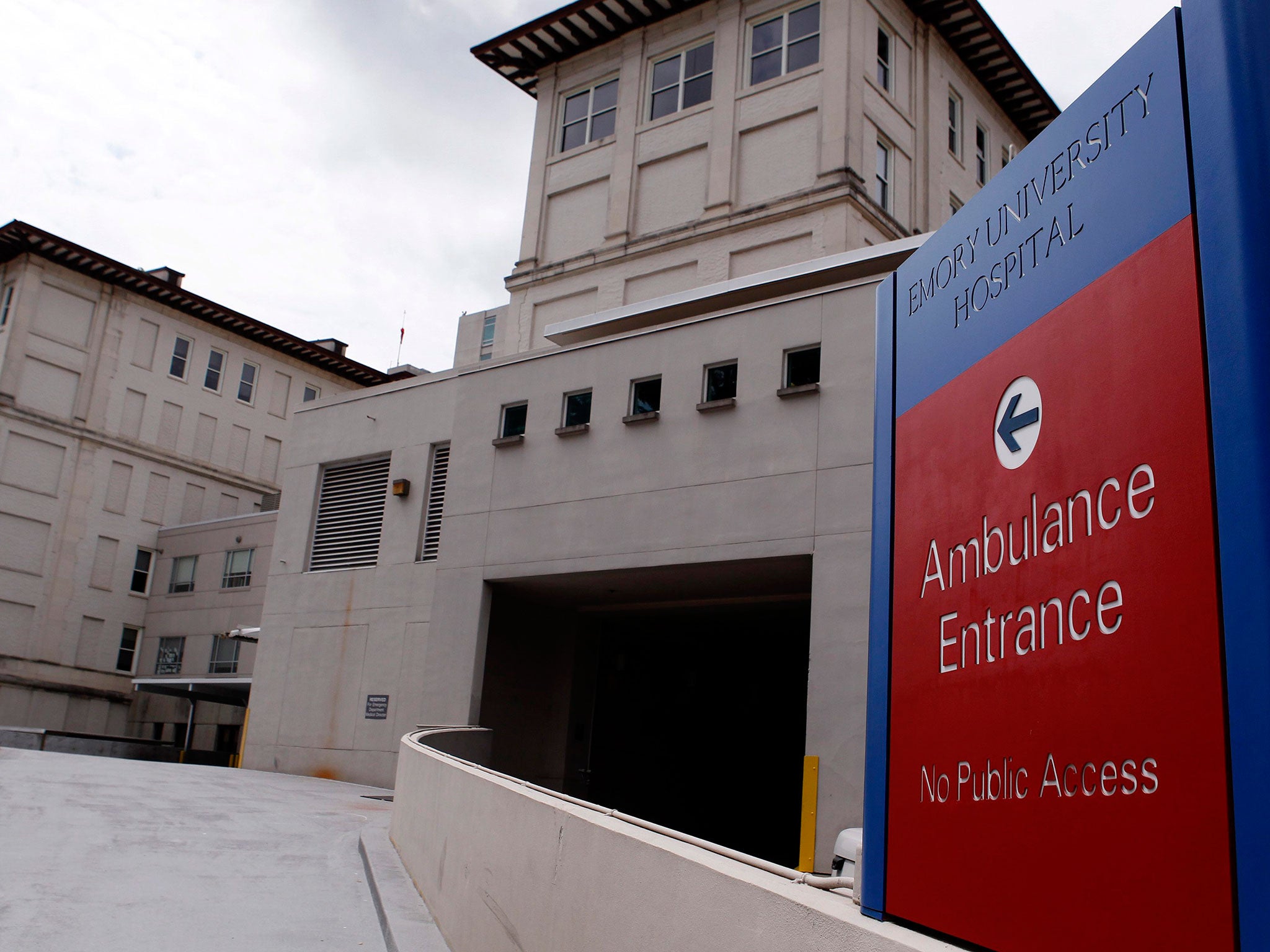Ebola outbreak: Liberia sent untested ZMapp treatment as death toll passes 1,000
Anger is growing that only Westerners have so far been given the drug

Your support helps us to tell the story
From reproductive rights to climate change to Big Tech, The Independent is on the ground when the story is developing. Whether it's investigating the financials of Elon Musk's pro-Trump PAC or producing our latest documentary, 'The A Word', which shines a light on the American women fighting for reproductive rights, we know how important it is to parse out the facts from the messaging.
At such a critical moment in US history, we need reporters on the ground. Your donation allows us to keep sending journalists to speak to both sides of the story.
The Independent is trusted by Americans across the entire political spectrum. And unlike many other quality news outlets, we choose not to lock Americans out of our reporting and analysis with paywalls. We believe quality journalism should be available to everyone, paid for by those who can afford it.
Your support makes all the difference.An experimental Ebola treatment is being sent to Liberia for two ill doctors who will become the first Africans to receive the untested ZMapp drug.
A Spanish priest and two American aid workers are the only people to have received it so far, prompting anger that only Westerners have had a possible treatment for a disease ravaging four African countries.
ZMapp is one of several drugs in development to attempt to stop the deadly outbreak, which has no confirmed cure and has so far killed more than 1,000 people.
More than half of those infected with the highly contagious disease die. It begins with flu-like symptoms and can escalate to vomiting, diarrhoea and internal and external bleeding.
It was unclear how much ZMapp is being sent to Liberia but its American manufacturer, Mapp Biopharmaceutical, said it had already run out of its supply in response to demand from an unidentified West African country.
The serum has not been tested for safety or effectiveness in humans and the company said it would take months to produce even modest quantities.
The American aid workers given the drug after being evacuated from Liberia are said to be improving but there is no way to know whether the drug is responsible or whether they are recovering naturally like other survivors.
The Spanish priest, Miguel Pajares, 75, died on Tuesday at the Carlos III hospital in Madrid, where he was being treated in isolation.
Spain's Health Ministry confirmed it had obtained a course of the American-manufactured drug for Mr Pajares but the hospital would not say on Tuesday whether it had been used.

The outbreak was first identified in March in Guinea, although it probably started earlier, and has since spread to neighbouring Liberia, Sierra Leone and possibly Nigeria.
Authorities have recorded 1,848 suspected, probable or confirmed cases of the disease, according to World Health Organisation (WHO) figures.
Marcel Guilavogui, a pharmacist in Conakry, Guinea, said the possibility that ZMapp could work was worth the risk of side effects.
“There's no reason to try this medicine on sick white people and to ignore blacks,” he said.
“We understand that it's a drug that's being tested for the first time and could have negative side effects. But we have to try it in blacks too.”
People have been using the hashtag #GiveUsTheSerum to call for greater access to the drug on Twitter.
“The alternative for not testing this is death, a certain death,” Liberia's information minister, Lewis Brown, told the Associated Press.
Guinean authorities also want to use ZMapp but Sierra Leone had not requested to the drug.
The serum, made from antibodies grown inside tobacco plants, aims to boost the immune system's response to Ebola.
To address the ethical dilemma of using an untested treatment, WHO consulted infectious disease experts, patient representatives and the Doctors Without Borders group.
Conclusions from the meeting, involving delegates from several countries, will be announced later on Tuesday.
Companies can provide experimental drugs on a “compassionate use” basis, usually after they have been fully tested in humans.
WHO officials previously said an Ebola vaccine should be ready for public use by 2015.
Join our commenting forum
Join thought-provoking conversations, follow other Independent readers and see their replies
Comments